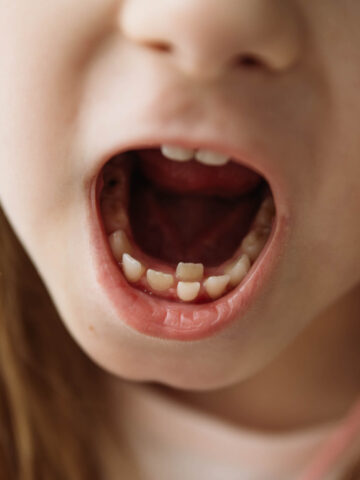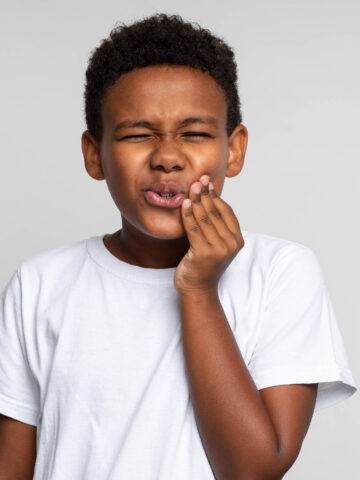Are good hygiene habits part of your teen’s routine? Check out these easy reminders to help keep your teen happy and healthy, and continue these habits into adulthood.
Understanding the body
If you’re talking about good teen hygiene, that also means talking about puberty. Have a casual and open conversation with your teen about the topic.
Refer your teen to a good book or a reputable health website on the subject, which may help with the conversation.
If you’re having trouble talking about a particular issue, discuss it with your pediatrician who may have input on how to address the topic.
Showering
Once puberty hits, daily showering becomes essential, especially after playing sports or sweating a lot. Recommend that your teen use a mild soap and concentrate on the face, feet, underarms, groin, bottom, hands and fingernails.
Also, discuss the pros and cons of daily hair washing. Some teens may want to wash their hair daily, especially if they have oily hair.
Using deodorant
When puberty hits, your teen’s sweat glands become more active, and the chemical composition of the sweat changes, causing it to smell stronger.
When you or your teen begin to notice it, using deodorant or antiperspirant should become part of her daily routine.
Maintaining good oral health
Teens can get pretty lax about their teeth care. Be a good role model and show them the importance of brushing and flossing.
Encourage your teen to brush all of her teeth thoroughly – not just the front ones! Ask your dentist if an antibacterial mouth rinse is right for them.
Preventing acne
To help prevent the oil buildup that can lead to acne, encourage your teen to wash their face gently twice a day with warm water and a mild soap or cleanser. Encourage your teen to keep their hair away from her face and to wash it regularly to reduce oil.
If your teen has acne, they may want to try a lotion or cream from the drugstore to help clear it up. Remind them not to pick, squeeze or pop pimples.
Get expert advice from CHOC about teenage acne prevention and treatment
Sharing makeup
Talk to your teen about the serious problems that can come from sharing makeup, as well as brushes or other hair accessories. Cosmetic brushes and sponges, for instance, pick up bacteria from the skin that can then be passed on.
Remind your teen to wash their hands before and after applying makeup.
For more health and wellness resources from the pediatric experts at CHOC, sign up for the Kids Health newsletter.
Find a CHOC Primary Care Pediatrician
From babies to teens, pediatricians from CHOC’s Primary Care Network partner with parents to offer immunizations, sick visits, sports physicals and more.





